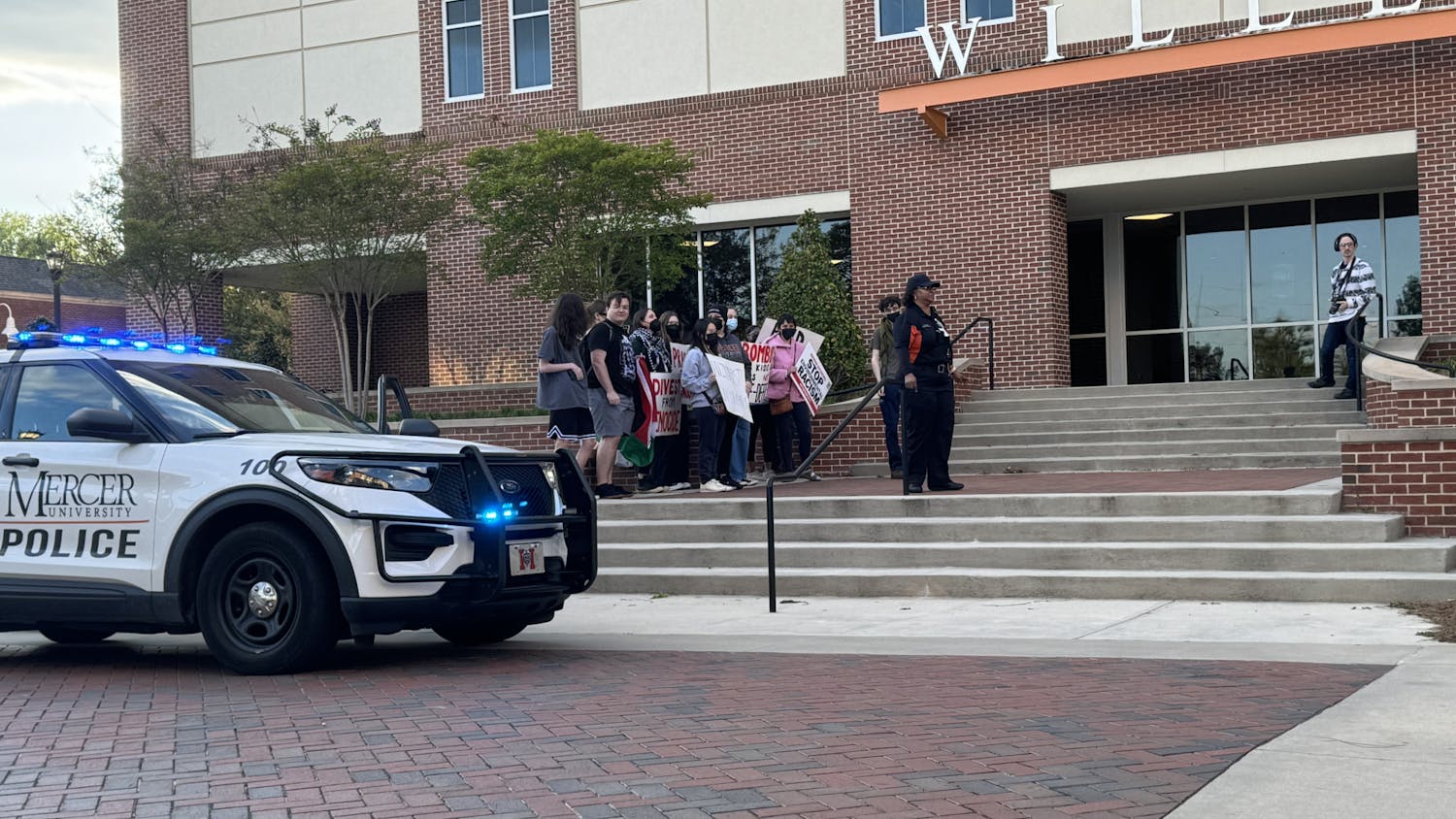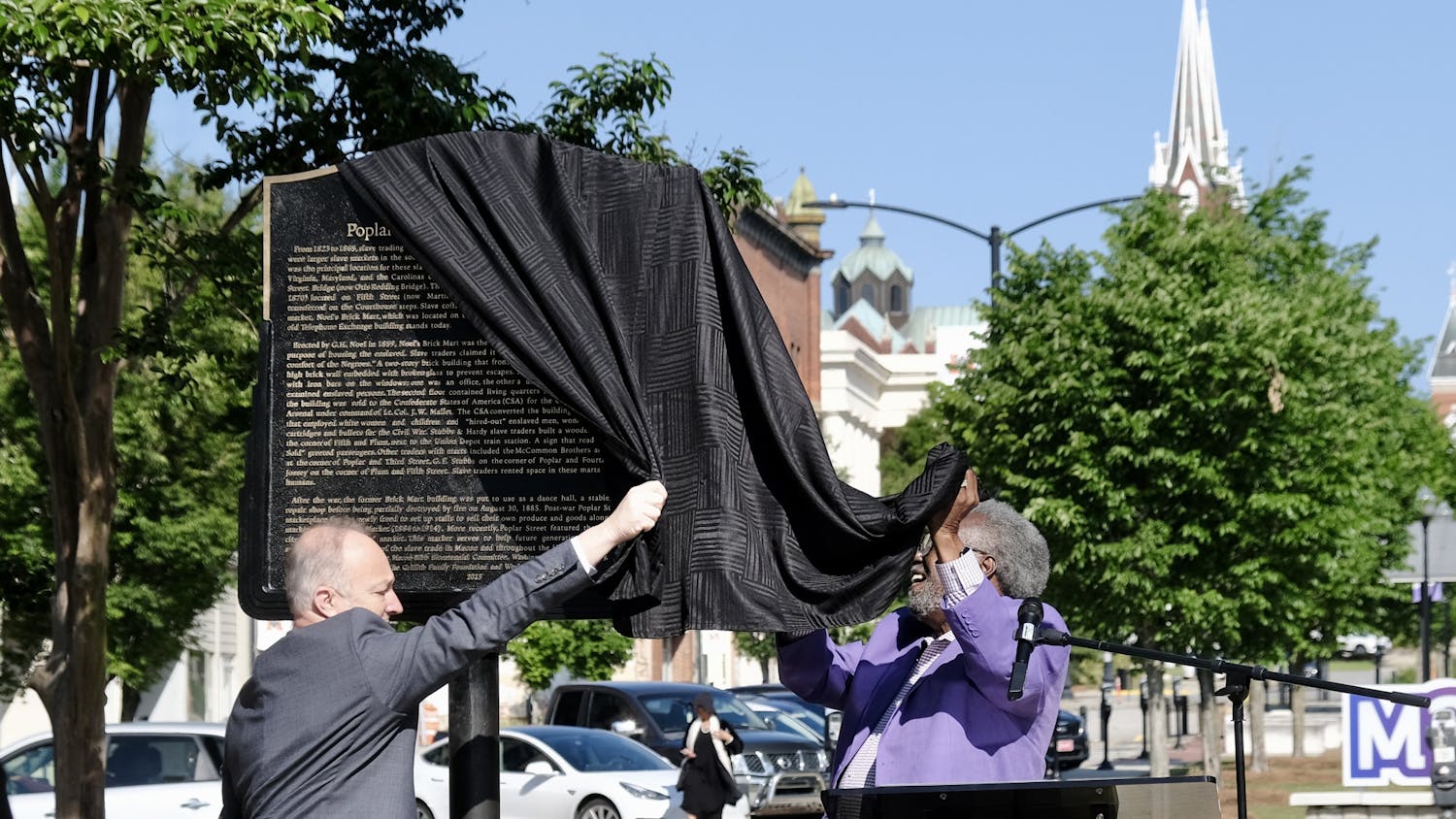The U.S. Department of Education is currently under scrutiny from the US courts for attempting to revise and replace several key university policies.
Secretary of Education Betsy DeVos’ revisions to Title IX have received backlash for reducing colleges’ responsibilities in investigating off-campus sexual assault cases, limiting what constitutes sexual assault and strengthening the due process of the accused, according to the New York Times.
The defendant’s updated due process includes “a presumption of innocence throughout the grievance process, written notice of allegations and an equal opportunity to review all evidence collected and the right to cross-examination,” according to the Department of Education. However, defendants would not be allowed to cross-examine their accusers directly.
The definition of sexual harassment has also changed from “unwelcome sexual advances, requests for sexual favors, and other verbal, nonverbal, or physical conduct of a sexual nature,” according to Title IX to “unwelcome conduct on the basis of sex that is so severe, pervasive and objectively offensive that it denies a person access to the school's education program or activity," according to DeVos’s revisions.
“Colleges and universities are not courts, and these sort of proceedings would require us to legalize student disciplinary proceedings,” Terry Hartle, vice president of the American Council on Education said. “We lack the knowledge, the expertise, and credibility to do this.”
DeVos was also recently sued for “delaying the implementation of the ‘Borrower Defense’ regulations,” according to the United States District Court for the District of Columbia.
The borrower defense regulations offer federal loan forgiveness for students who attended a fraudulent university that was shut down before they could earn their degree, according to the Student Aid office of the Department of Education. These regulations would also prevent schools from requiring students to waive their right to sue.
The borrower defense has been law since the 1990s, but was revised by the Obama administration after Corinthian College was sued for “false and predatory advertising, intentional misrepresentations to students (and) securities fraud” and all of their American students filed for the borrower defense, according to the LA Times.
This revised legislation was supposed to come into effect July 1, but DeVos has delayed its implementation in the interest of replacing it. DeVos has cited a lawsuit spearheaded by for-profit institutions as a reason why the legislation itself may be in need of review, according to the New York Times.
“The borrower-defense regulations suffer from substantive and procedural flaws that need to be considered before imposing new burdens on regulated parties,” Spokesperson Ms. Hill said in a statement.
The Department of Education has favored partial forgiveness over total loan forgiveness under DeVos’ leadership. On average, partial forgiveness awards have covered 30 percent of a student's outstanding loan, with a median loan of roughly $11,500 reduced to about $7,800, according to data collected by the Associated Press.
The plaintiffs in the case against DeVos are 19 attorney generals and two former students of New England Institute of the Arts who wanted to sue the school under the revised legislation, according to Fox News.
Judge Moss ruled that the department's actions "have deprived" them "of several concrete benefits that they would have otherwise accrued under the Borrower Defense Regulations," according to NPR.
ATKNB: Title IX and the borrower’s defense

Photo provided by Flickr.




